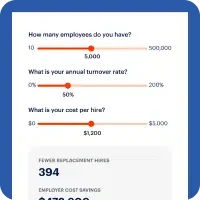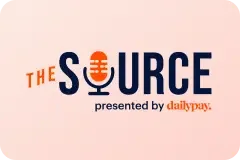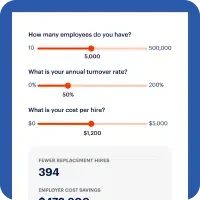Introduction
The novel coronavirus pandemic has fundamentally changed every aspect of American life. From social distancing measures, grocery store shortages and entire cities under lockdown, U.S. workers have been adjusting and trying their best to survive this “new normal.”
Efforts to curb the coronavirus have unfortunately led to the shutdown or temporary closure of businesses around the nation, triggering mass layoffs. Between March 15 and April 15, 2020, 22 million Americans filed for unemployment benefits. According to CNN, “the last four weeks have marked the largest and most dramatic rise in claims on record since the Labor Department started tracking the data in 1967.”
Attempting to keep the economy afloat
To help alleviate the sharp negative economic impact that mass layoffs and business shutdowns have caused, the federal government recently distributed $1,200 stimulus checks in an effort to boost consumer spending and keep the economy afloat.
There has been much debate over whether or not these checks are enough, and their disbursement has been riddled with glitches and delays. Despite the controversy, there is hope that the checks will help struggling workers pay their bills and get by during these unprecedented and difficult times.
Unexpected consequences
The employees of one Texas company may have been looking forward to receiving their government-issued checks, until learning that their employer has plans to “preemptively deduct funds from [employee] paychecks. That number is based on what [the company is] anticipating the government relief fund to be,” an anonymous worker for the company told KXAN.
According to KXAN, the company has issued an agreement to workers, which would put the employees under a “temporary compensation reduction that is in line with the assistance that it receives from the federal government related to the COVID-19 pandemic.” By signing the agreement, the company’s employees would have their paychecks between April 6 and April 20 cut by 100% of any money received under the stimulus bill.
Not only does this move put employees at risk of getting paid less than minimum wage, but it highlights the reputational risk and potential media frenzy that can arise when companies process deductions. Wage deductions are illegal in 14 states (CA, CO, IN, KS, KY, MA, MN, MO, MT, NJ, NY, SC, VT, WI and WY), and cases like this one underscore the need for businesses to tread lightly into this regulatory murkiness.
Is the risk worth it? For one employee, the answer is clear, “I would much rather sit in the unemployment line and be proud of my decision to leave a company that’s making these kinds of requests or demands, than hate myself for going along with it because I don’t agree with it.”
The takeaway
Staying compliant is a critical part of continuing business operations and maintaining a positive reputation. If a business gets into hot water for thwarting regulations, the implications can be dire. When making payroll decisions or implementing new payroll technologies, it’s imperative to carefully evaluate vendors to ensure your business is compliant and to effectively help your workforce achieve financial stability.













